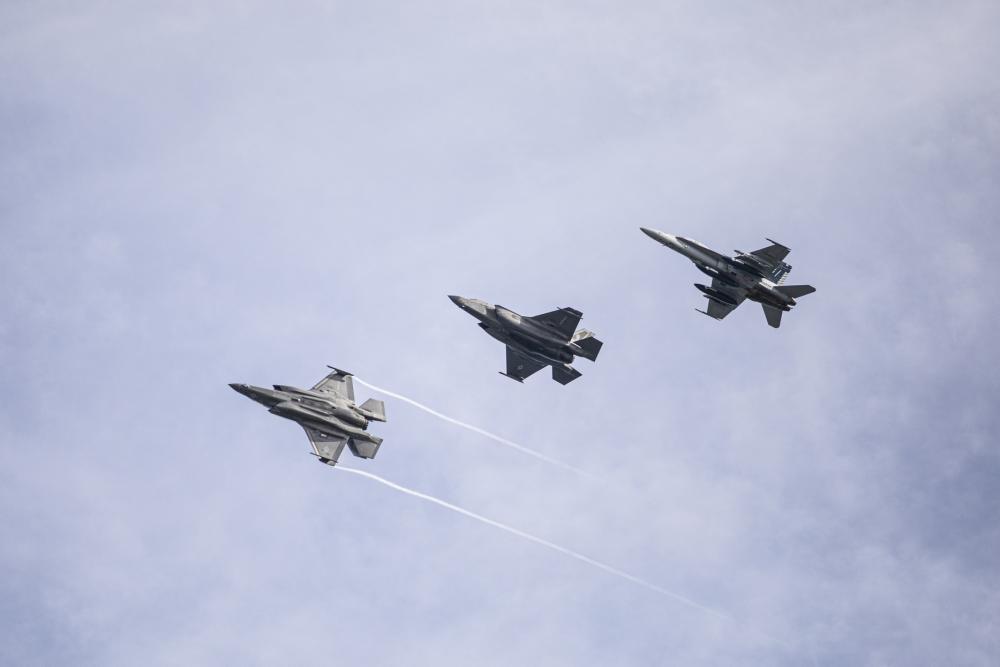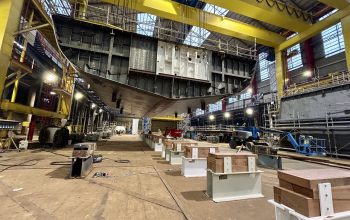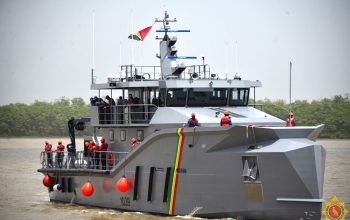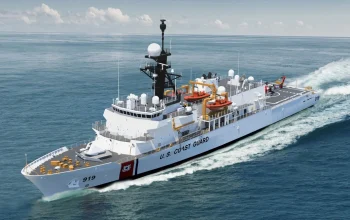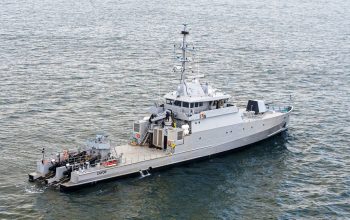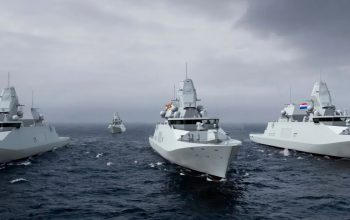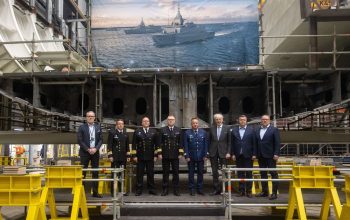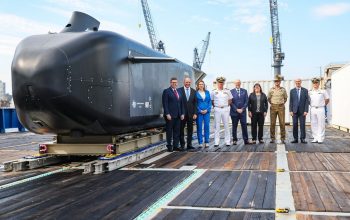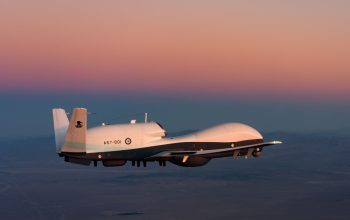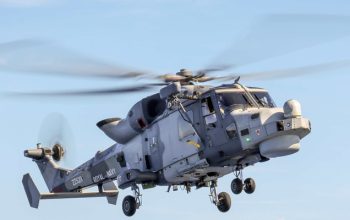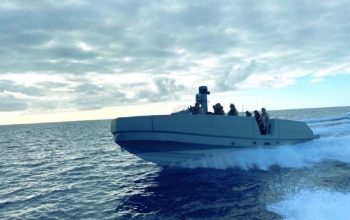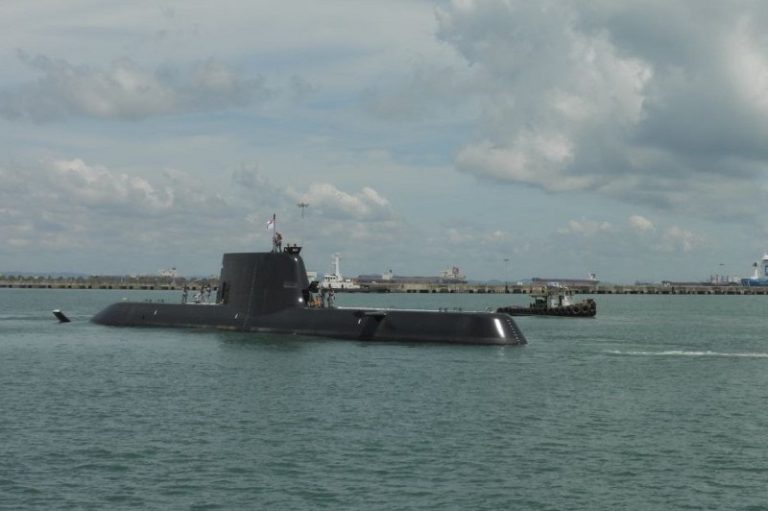Marine Aircraft Group (MAG) 12 conducted an AIM-9X missile live fire from the southern coast of Japan to exercise their air-to-air warfare capabilities. Fourth generation F/A-18 Hornets and 5th generation F-35B Lightning II aircraft from the group’s fighter squadrons, Marine All Weather Fighter Attack Squadron (VMFA(AW)) 533, Marine Fighter Attack Squadron (VMFA) 121, and VMFA-242 respectively, participated in the exercise. This also marked VMFA-242’s first missile live fire since achieving full operational capability in May 2022. A series of four AIM-9X missile employments were performed by the 4th and 5th generation fighters against air targets. The exercise was an opportunity to increase weapon proficiency and enhance the squadrons’ already formidable combat readiness in an air-to-air environment.
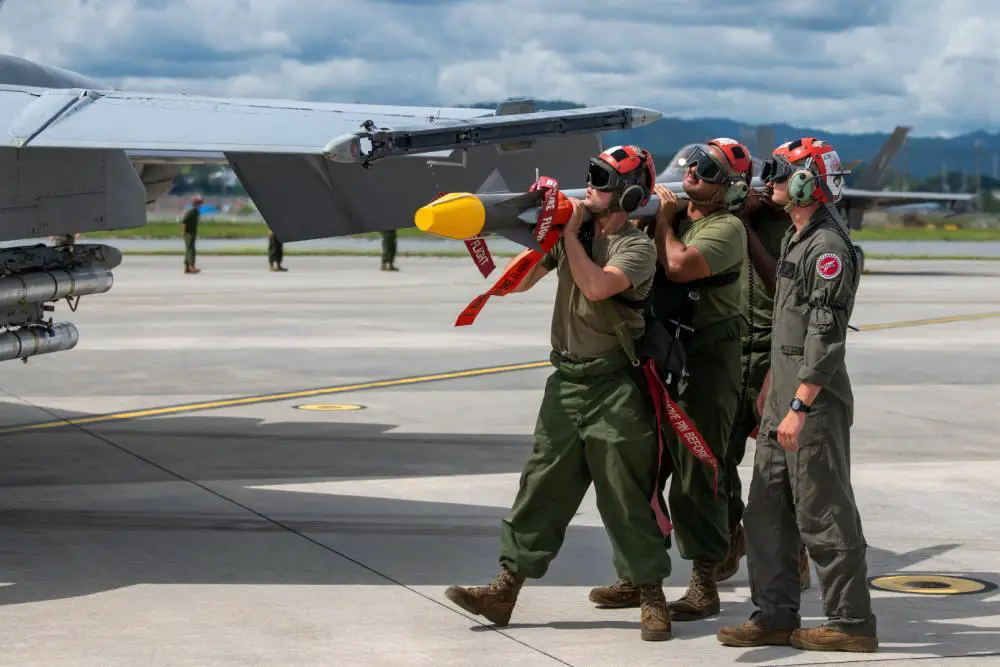
“Success of this type of exercise requires everyone to do their part and isn’t as simple as squeezing the trigger. This starts with receiving the high-explosive ordnance and coordinating with the air station to transport, handle, load, and launch them from the aircraft. Effective execution relied on thoughtful planning by MAG-12 pilots and weapons system officers of multiple platforms. Last but perhaps the most important, we needed the station air traffic controllers to work in concert with the Japanese air traffic control agencies to ensure the safety of all aircraft throughout the range area and the duration of the missile exercise,” said Captain Ray Rickenbach, VMFA(AW)-533 weapons training officer.
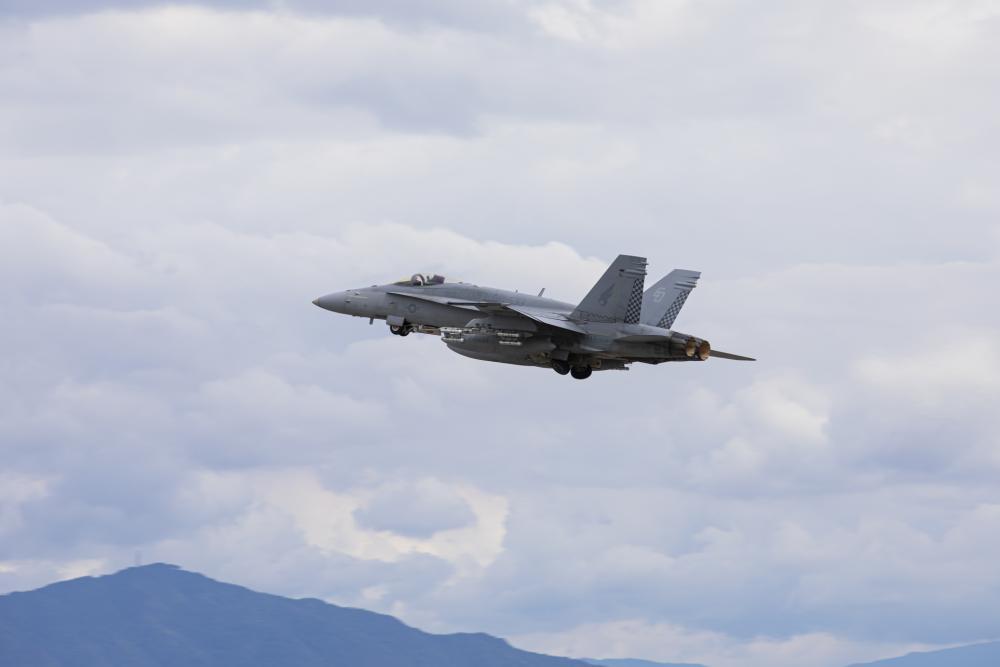
“MAG-12’s unique position and role in the Indo-Pacific region demands our potency as a forward-stationed, forward-deployed force-in-readiness. From our ground support and ordnance Marines to our pilots and aircraft, we are capable of functioning synergistically across the spectrum of the joint force and are always ready to effectively act in crisis or conflict with our partners and allies in the area,” said Colonel Derek M. Brannon, MAG-12 commanding officer.
“We are a combat-ready group with the appropriate complement of mission commanders, flight leads, and wingmen. We are able to carry and employ all authorized munitions any time and day of the week, whether in training or combat. This missile exercise is a demonstration of that capability,” said Major Douglas Kansier, VMFA-242 executive officer.
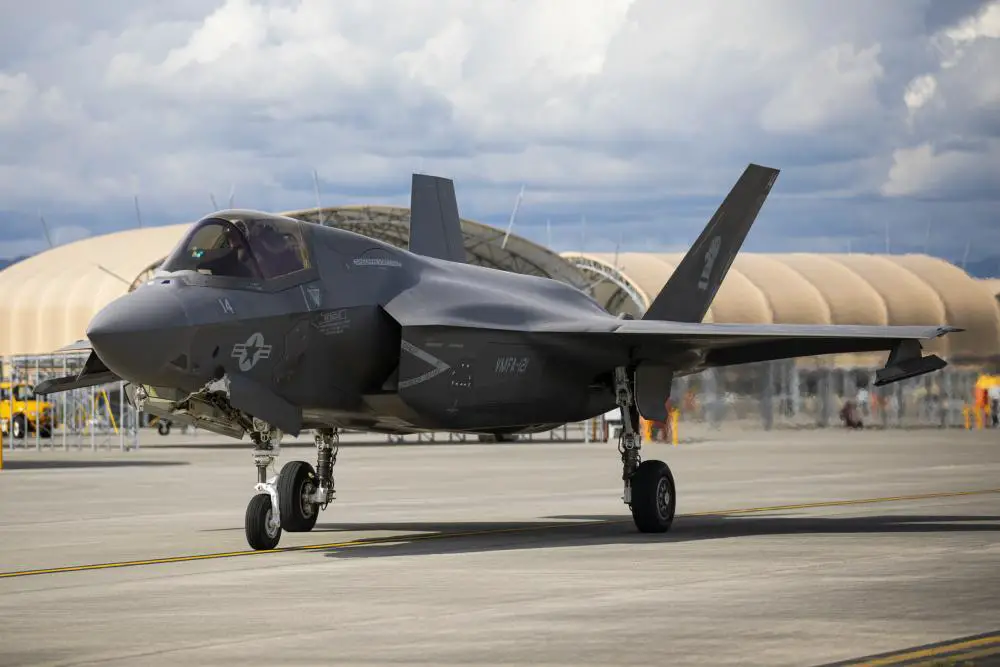
Behind the pilots and aircraft are the equally critical ordnance personnel, procedures, weapons tactics instructors, and airspace controllers integral to the execution of any missile shoot. The ordnance personnel at Marine Aviation Logistics Squadron 12 and the individual squadrons were essential in safely arming the ordnance onto the aircraft in accordance with Marine Corps ordnance procedures. MCAS Iwakuni is home to the only U.S. forward-deployed F-35 squadrons and provides a unique capability in the Indo-Pacific region. MAG-12 regularly works with international partners and allies, as recently showcased during the Royal Australian Air Force’s multilateral Exercise Pitch Black 2022. Under the command of 1st Marine Air Wing, MAG-12 regularly operates in conjunction with regional U.S. forces as well as local allies and partners to preserve a free and open Indo-Pacific.
